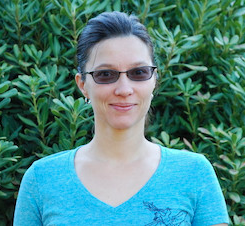
Pantic Lab Safety Award Winner
Dr. Emilija Pantic's lab has won the College of Letters and Science Lab Safety award.

Dr. Emilija Pantic's lab has won the College of Letters and Science Lab Safety award.
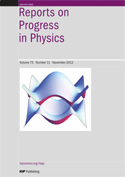
John Rundle and colleagues were recently invited to contribute to the prestigious physics journal Reports on Progress in Physics on their work in earthquake forecasting and nowcasting. Charles Richter observed that ‘only fools and charlatans predict earthquakes,’ which reflects the fact that despite more than 100 years of effort, seismologists remain unable to do so with reliable and accurate results. Meaningful prediction involves specifying the location, time, and size of an earthquake before it occurs to greater precision than expected purely by chance from the known statistics of earthquakes in an are! a. In this context, ‘forecasting’ implies a prediction with a specification of a probability of the time, location, and magnitude. Two general approaches have been used. In one, the rate of motion accumulating across faults and the amount of slip in past earthquakes is used to infer where and when future earthquakes will occur and the shaking that would be expected. Because the intervals between earthquakes are highly variable, these long-term forecasts are accurate to no better than a hundred years. They are thus valuable for earthquake hazard mitigation, given the long lives of structures, but have clear limitations. The second approach is to identify potentially observable changes in the Earth that precede earthquakes. Various precursors have been suggested, and may have been real in certain cases, but none have yet proved to be a general feature preceding all earthquakes or to stand out convincingly from the normal variability of the Earth’s behavior. However, new! types of data, models, and computational power may provide avenues for progress using machine learning that were not previously available. At present, it is unclear whether deterministic earthquake prediction is possible. The frustrations of this search have led to the observation that (echoing Yogi Berra) ‘it is difficult to predict earthquakes, especially before they happen.’ However, because success would be of enormous societal benefit, the search for methods of earthquake prediction and forecasting will likely continue. In the review, they noted that the focus is on anticipating the earthquake rupture before it occurs, rather than characterizing it rapidly just after it occurs. The latter is the domain of earthquake early warning, which they do not treat in detail here, although they include a short discussion in the machine learning section at the end. Caption: Earthquake forecast ‘scorecard’ produced and displayed on an NASA web site at the request of NASA program managers. The original map with colored patches was published in 2002 in the Proceedings of the National Academy of Sciences. The small blue circles represent earthquakes that occurred over the subsequent 8 years. The red circles represent the recent M = 7.1 El Mayor–Cucapah, Mexico earthquake on April 4, 2010 (circle 31), and the M = 7.2 Ridgecrest, CA earthquake of July 5, 2019, that occurred well after the evaluation period ended. The results show that the original colored patches calculated in 2001 for the most part identified the location of the future events successfully, with few false positives, as far as 18 years into the future.
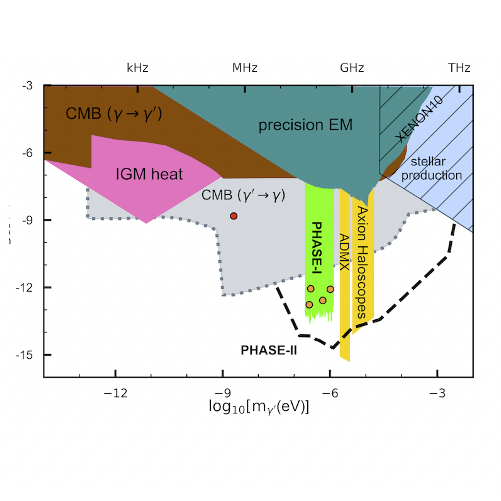
Many types of astronomical observations show decisively that most of the mass in the Universe is of an unknown form, unlike ordinary matter. This "dark matter" fills the universe and clumps over cosmic time under its own gravitational self attraction. Our current understanding of physics cannot explain dark matter; its existence is evidence for new physics!
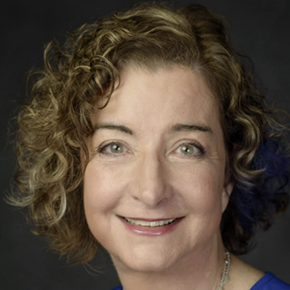
Professor Laura Greene, who visited the UC Davis Physics Department as a Distinguished Lecturer in 2018, has been appointed to the President’s Council of Advisors on Science and Technology (PCAST).
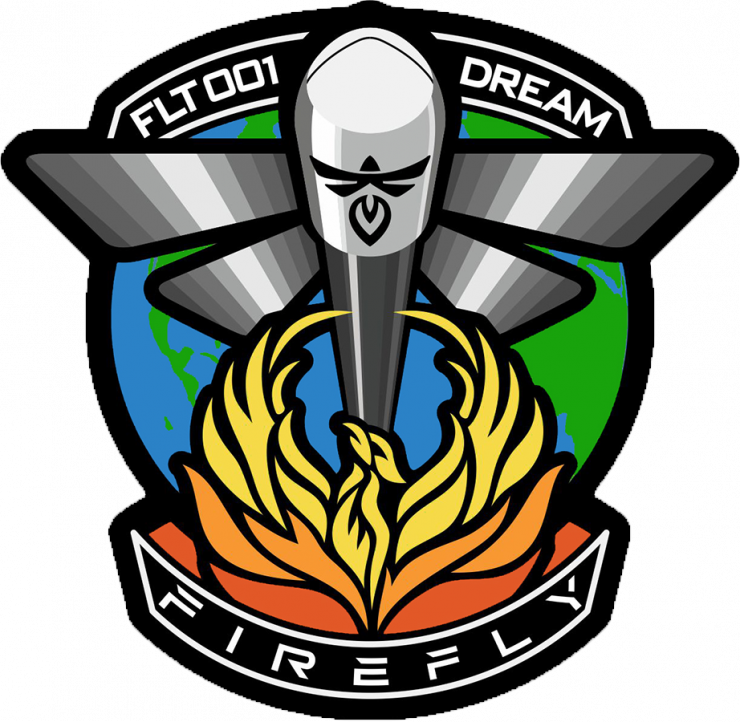
Thursday September 2nd will see the first attempt at delivery of a payload into orbit by Austin, Texas-based company Firefly. UC Davis alumnus Roderic Vanderscoff ’14 has led the design, development, and testing of the booster rocket engine for this flight. Keeping the area around Vandenberg Air Force Base safe is UC Davis alum Bethany Baldwin-Pulcini ’15 with her work on the flight termination system. More information about the launch, including a link to a live stream, can be found here: https://everydayastronaut.com/flta001-dream-alpha/ . For more on Firefly and our two alumni see this recent UC Davis Magazine article see https://magazine.ucdavis.edu/moonshot-thinking/ .

Congratulations to our 2020-21 graduates! Despite the unusual circumstances created by the global COVID-19 pandemic, our students persevered and completed their studies.

We (Rena Zieve and Lloyd Knox) are delighted to report that we appear to have met our goal! According to our unofficial tally, we have, together as a department, given or pledged to give, $215K. Our goal was to reach $200K by July 1. We seem to have comfortably exceeded it, thanks to gifts from 98 individuals. These gitfts come from undergraduates, graduate students, staff, researchers, faculty, grad group faculty, emeriti, and our advisory board members. Seventy-four percent of our active faculty have given! That is a strong showing of internal support for this Fellowship.

An international team including UC Davis astronomers has observed the first example of a new type of supernova. The discovery, confirming a prediction made four decades ago, could lead to new insights into the life and death of stars.